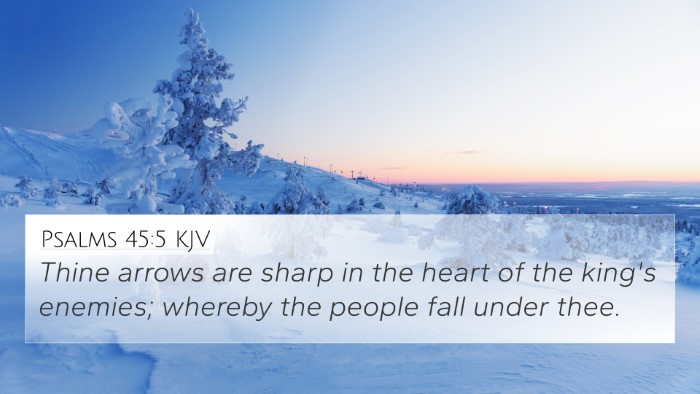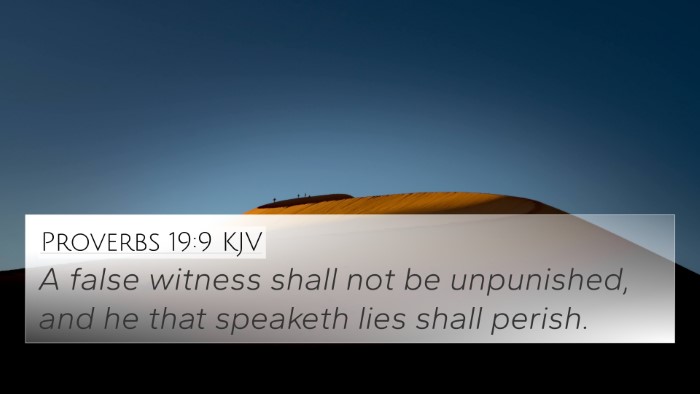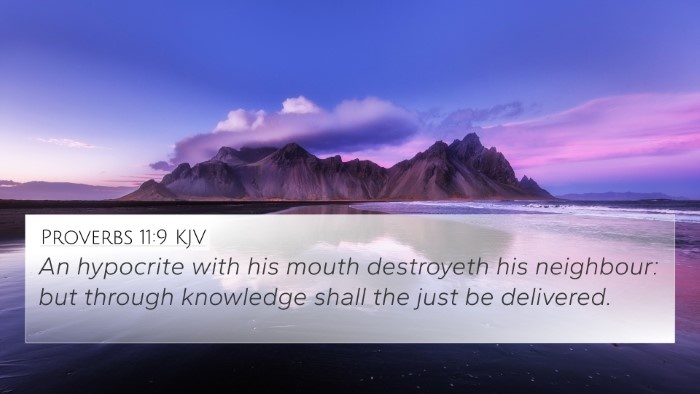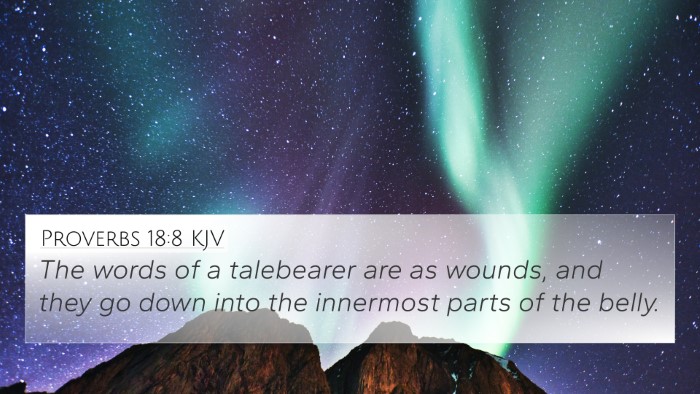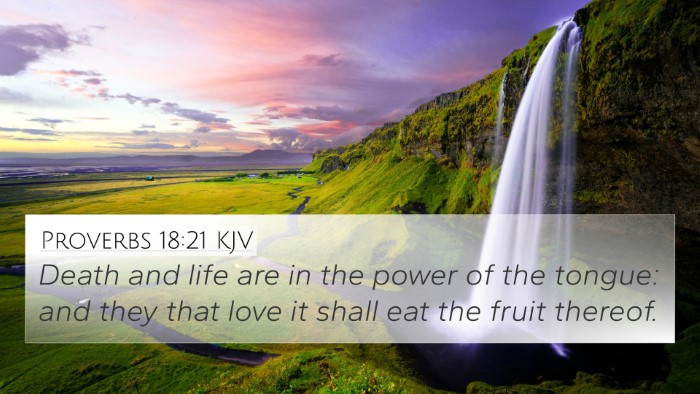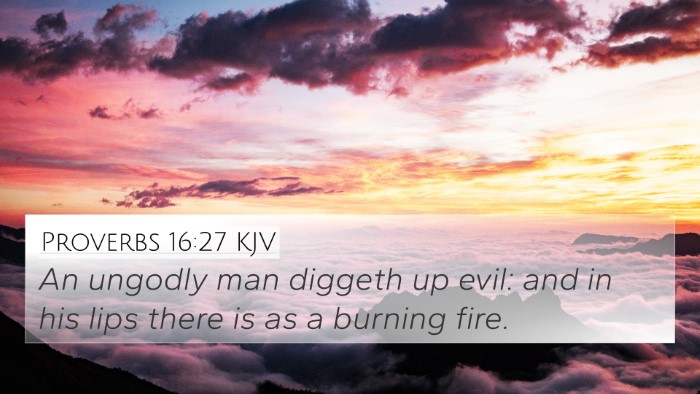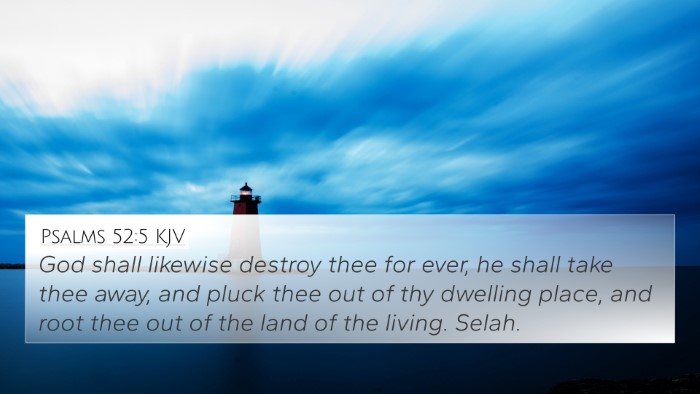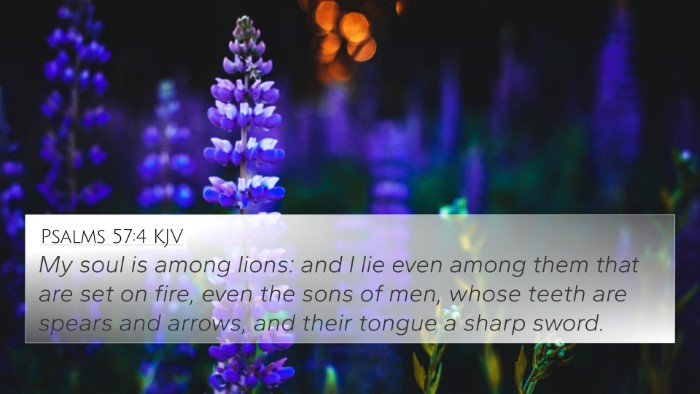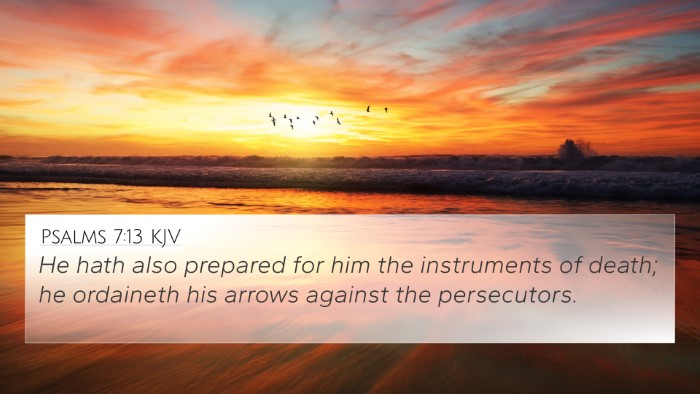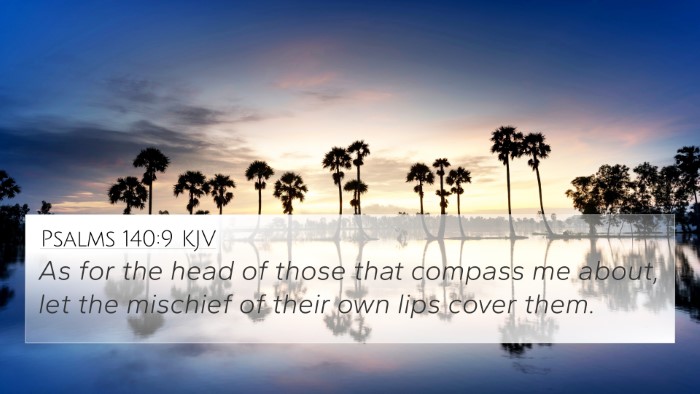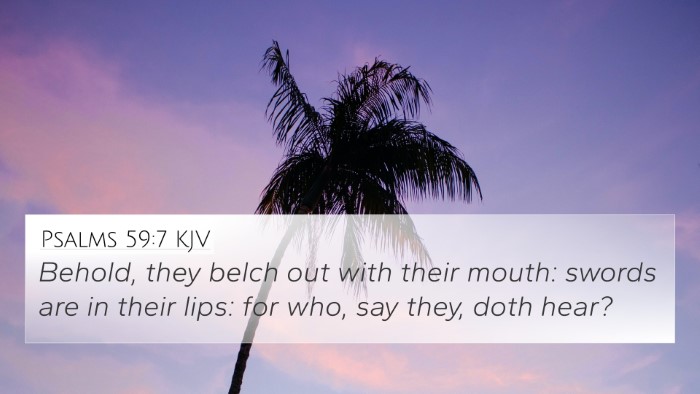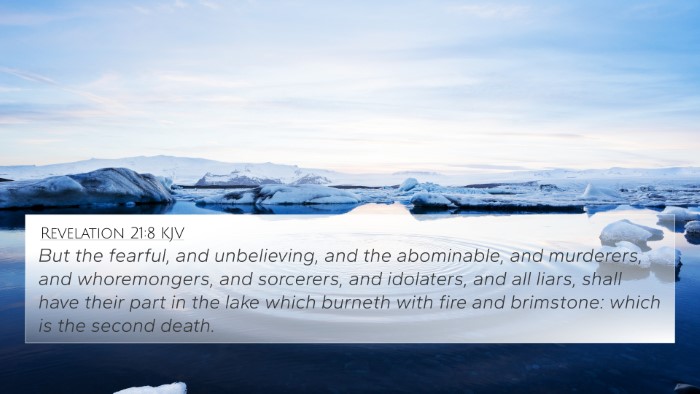Psalms 120:4 reads: "Sharp arrows of the mighty, with coals of juniper." This verse carries significant weight in its imagery, illustrating the powerful context within which the psalmist operates. The use of arrows and coals serves as a metaphor that conveys both the perilous nature of the psalmist's circumstances and the profound societal dynamics at play. Below, we'll explore the meaning of this verse as interpreted by notable public domain commentaries, combining insights from Matthew Henry, Albert Barnes, and Adam Clarke.
Understanding the Metaphor
According to Matthew Henry, the "sharp arrows" symbolize the words and actions of deceitful individuals, implying that they are dangerous and piercing. These arrows represent the slander and hostility that the believer faces from false friends and enemies. The phrase "coals of juniper" suggests a fiery trial, where the juniper is known to ignite easily and burn intensely. This indicates a trial of endurance and the burning heat of the trials added by adversarial words.
Albert Barnes further elucidates this imagery, suggesting that the psalmist is invoking a graphic comparison to illustrate the severity of his plight. The arrows can be understood as those who attack the soul and character, while the coals represent the destruction and torment that such attacks can cause. The coals of juniper have a unique characteristic of producing a long-lasting flame, illustrating that the psychological and emotional effects of such slander can endure.
Adam Clarke interprets this verse as expressing the depth of the anguish experienced by the psalmist. Clarke mentions that this psalm is a lament which calls out to God in distress, emphasizing the need for divine protection against those who use their power, particularly through speech, to inflict spiritual harm. The sufferer's call for help within this context speaks to the universal human experience of betrayal and the need for divine intervention.
Bible Cross References
The themes presented in Psalms 120:4 resonate with several other biblical passages. Notably, these cross-references highlight connections between the trials faced by the psalmist and other biblical figures who encountered similar adversities:
- Psalms 7:13 - "He also prepares for himself instruments of death; he makes his arrows fiery shafts." This verse connects by emphasizing the lethal nature of the words and deeds of evil men.
- Psalms 64:3-4 - "Who whet their tongue like a sword, and bend their bows to shoot their arrows, even bitter words." This further develops the theme of verbal attacks.
- Ephesians 6:16 - "Above all, taking the shield of faith, wherewith ye shall be able to quench all the fiery darts of the wicked." This connects the imagery of arrows with spiritual warfare.
- James 3:6 - "And the tongue is a fire, a world of iniquity: so is the tongue among our members, that it defileth the whole body." This verse highlights the destructive power of harmful speech.
- Proverbs 25:22 - "For thou shalt heap coals of fire upon his head, and the Lord shall reward thee." This shows the theme of coals as a means of judgment and consequence.
- Psalms 120:2 - "Deliver my soul, O Lord, from lying lips, and from a deceitful tongue." This prefaces the need for deliverance from malicious words.
- Psalms 31:20 - "Thou shalt hide them in the secret of thy presence from the pride of man: thou shalt keep them secretly in a pavilion from the strife of tongues." This verse promises protection from verbal strife.
- 2 Timothy 3:12 - "Yea, and all that will live godly in Christ Jesus shall suffer persecution." This expands upon the theme, reinforcing that believers will face similar trials.
- Proverbs 12:18 - "There is that speaketh like the piercings of a sword: but the tongue of the wise is health." This verse compares harmful spoken words to swords, paralleling the imagery in Psalms 120:4.
- Psalms 139:21-22 - "Do not I hate them, O Lord, that hate thee? And am not I grieved with those that rise up against thee?" This raises the emotional response to conflict and adversity, resonating with the feelings expressed by the psalmist.
Conclusion
Psalms 120:4 articulates a very poignant reality of the spiritual and emotional battles that believers may encounter, through the compelling imagery of sharp arrows and coals. The insights gathered from the public domain commentaries by Matthew Henry, Albert Barnes, and Adam Clarke offer a rich textual understanding and underscore the significance of taking refuge in God amidst turmoil.
By exploring Bible verse cross-references, individuals can uncover deeper thematic connections between Bible verses and enrich their understanding of scripture through comparative Bible verse analysis. This verse serves as an important reminder of the spiritual warfare surrounding the truth, urging believers to rely on God's protection and guidance through trials, and inviting them to utilize cross-referencing biblical texts as a means for deeper study and enrichment in faith.




